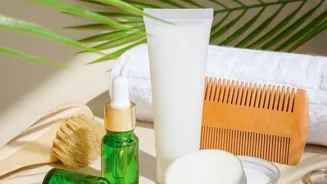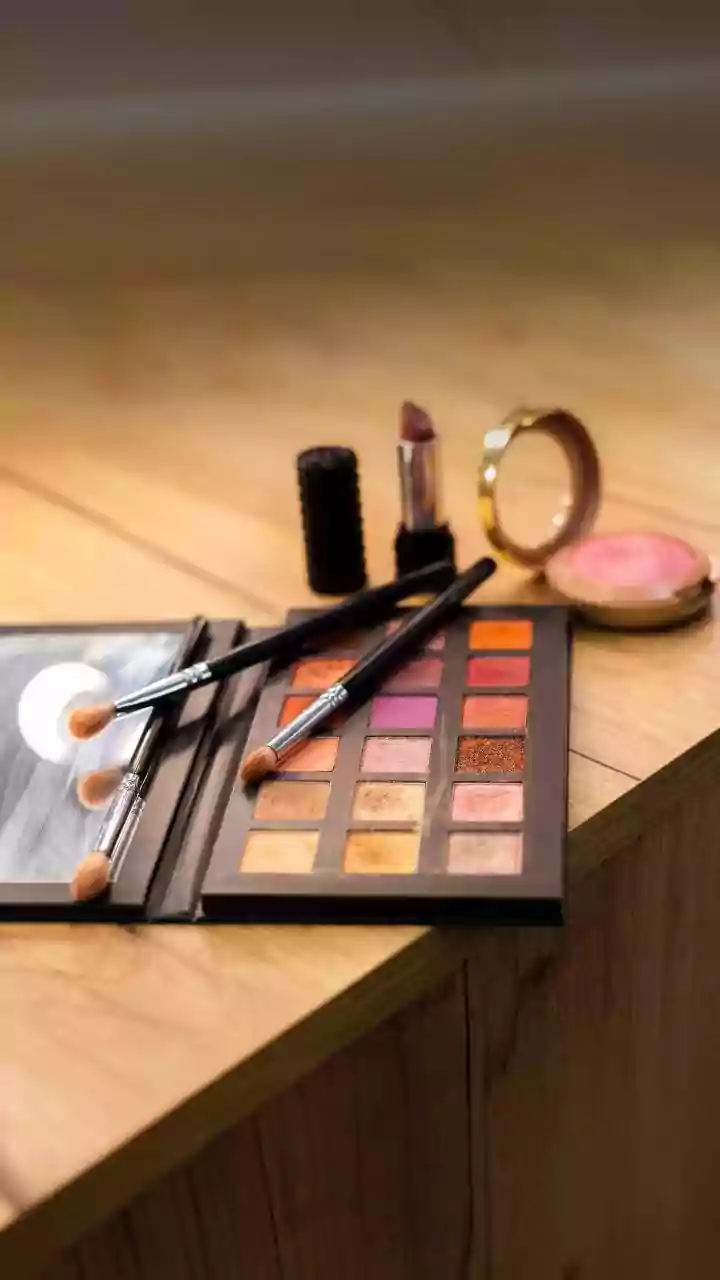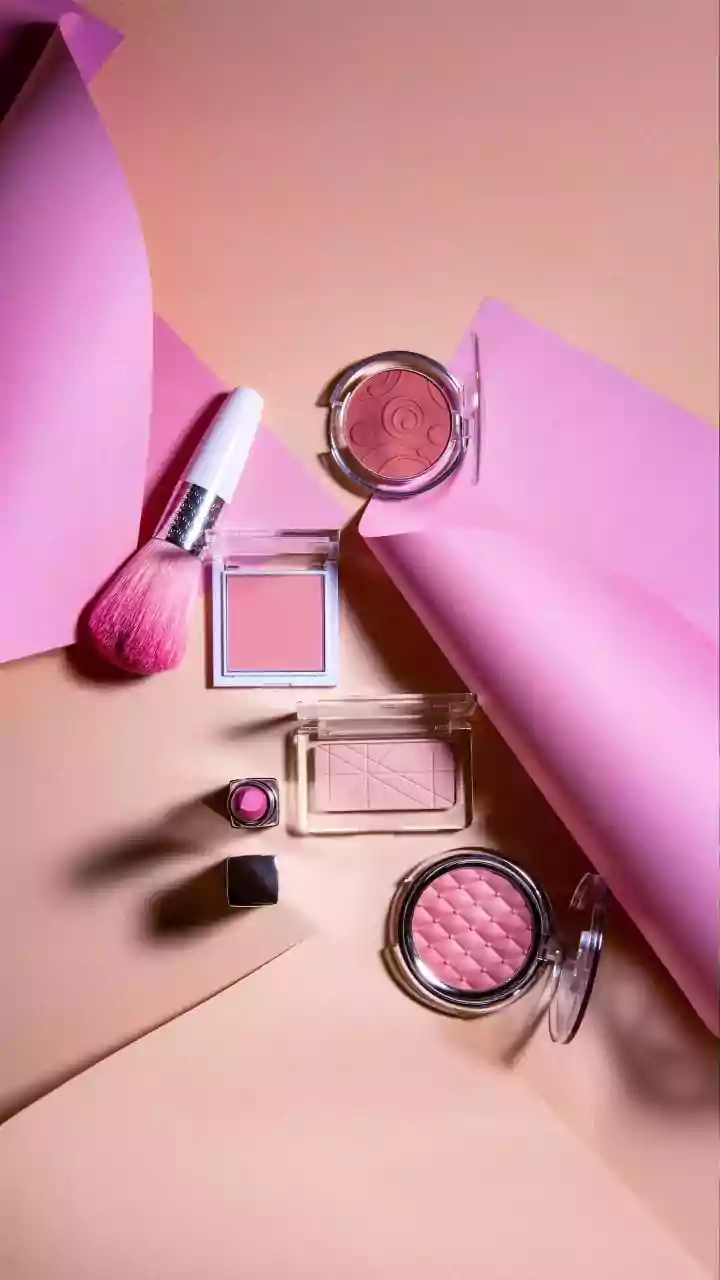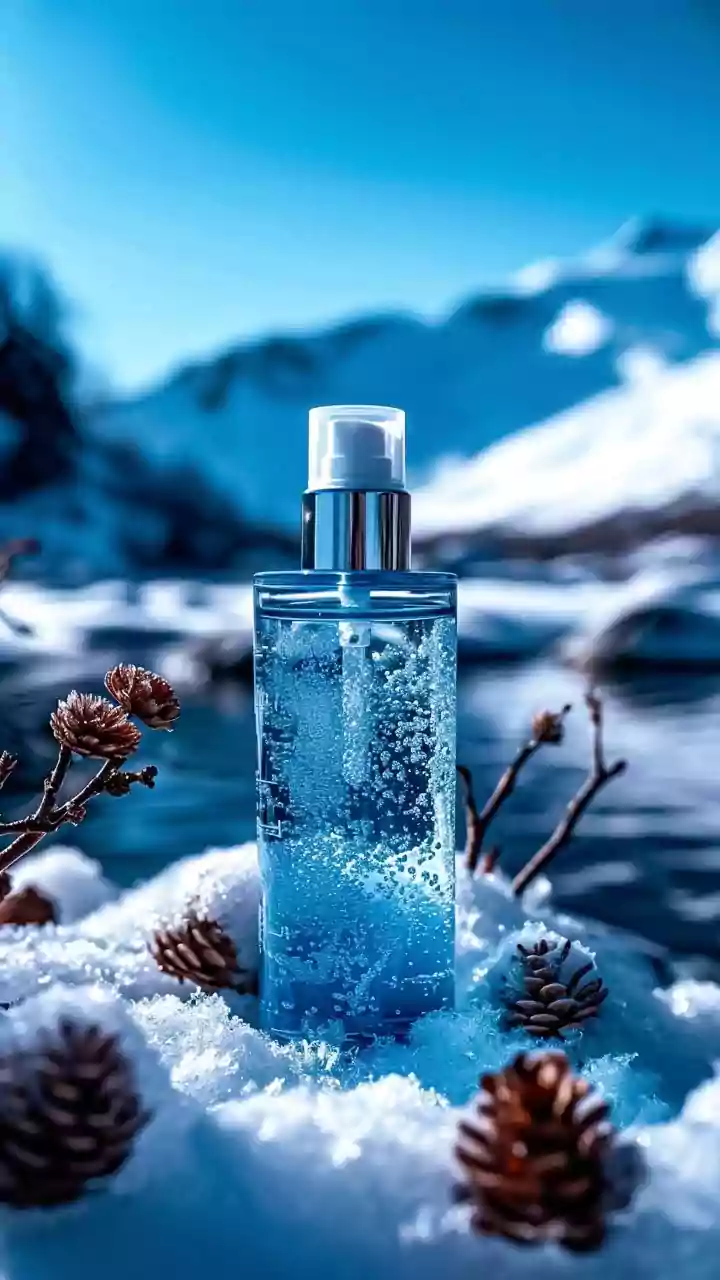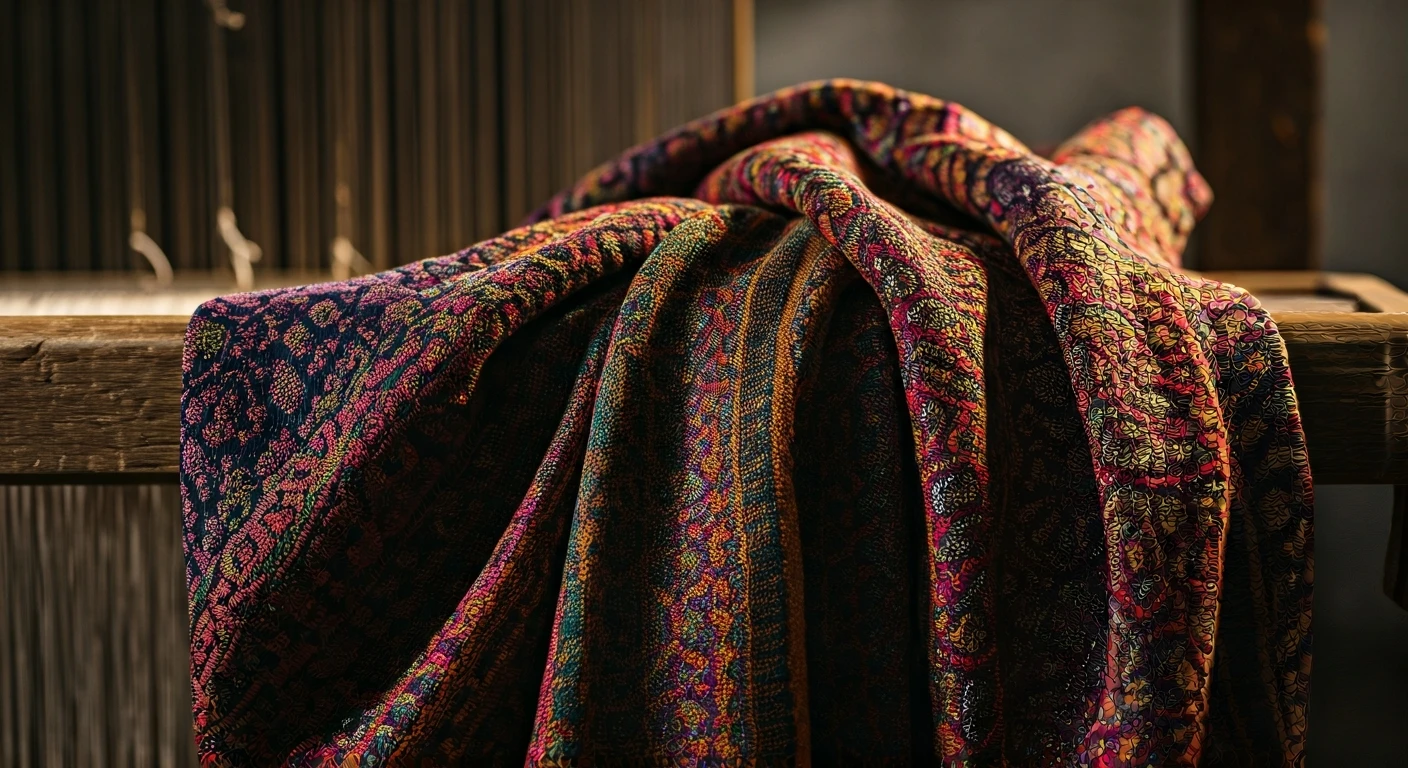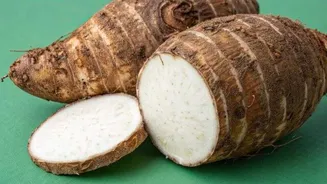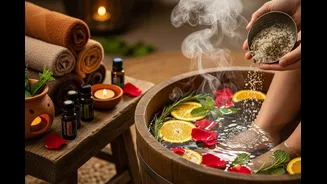Unveiling Skincare History: From Ancient Egypt to Modern Science. Discover the secrets of radiant skin!
Namaste, readers! Ever wondered how our grandmothers had such radiant skin despite the lack of fancy
serums and creams we see today?
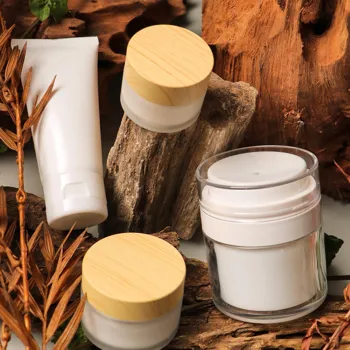
The truth is, the history of skincare is a long and fascinating journey, filled with natural remedies and age-old traditions that have been passed down through generations. Let's dive deep into some interesting facts about the evolution of skincare.
Ancient civilizations valued hygiene and beauty, using cosmetics and skincare rituals
Ancient civilizations placed a high value on hygiene and beauty. Egyptians are well-known for their love of cosmetics and skincare rituals. They used kohl for defining eyes and believed milk and honey baths kept skin smooth and glowing.
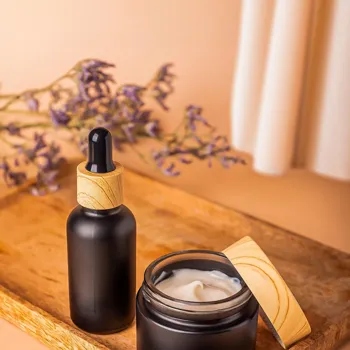
The Greeks and Romans also embraced bathing and oil massages as part of their beauty routines. Natural ingredients were the cornerstones of their skincare practices. Did you know Both genders followed similar regime?
Ayurveda offers natural skincare using doshas and herbal remedies
Ayurveda, the ancient Indian science of life, provides valuable insight into natural skincare. The concept of the 'doshas' dictates what ingredients suit your skin type. Turmeric, sandalwood, and aloe vera were commonly used for their healing and beautifying properties.
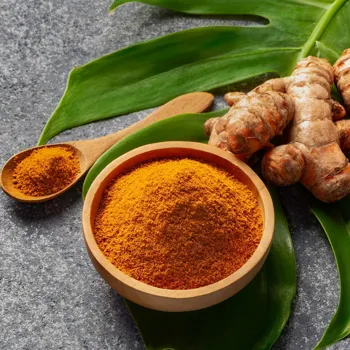
Ubtans, homemade exfoliating masks made with herbs and flours, were a staple in traditional Indian skincare. The core principle was achieving balance – both internally and externally – for healthy, radiant skin.
Chinese skincare history: herbs & jade rollers for anti-aging & skin health
The Chinese have a rich history of traditional medicine, including skincare. Herbs like ginseng, pearl powder, and green tea were widely used for their anti-aging and brightening benefits.
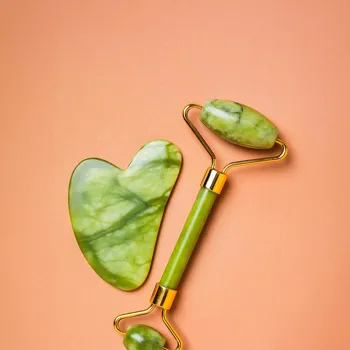
Jade rollers, used for facial massage, have been around for centuries and are believed to improve blood circulation and reduce puffiness. Traditional Chinese skincare emphasizes gentle yet effective natural remedies for optimal skin health.
Medieval skincare: varied practices, less bathing, herbal remedies, natural cosmetics
Moving on to medieval times, skincare practices started to diverge across different cultures. In Europe, bathing became less frequent, leading to less emphasis on overall hygiene. However, herbal remedies and homemade concoctions were still used for treating skin ailments.
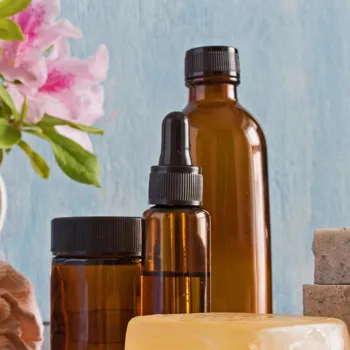
Wealthy individuals often had access to perfumes and cosmetics made with natural ingredients.
Renaissance emphasized beauty with simple skincare using natural ingredients
The Renaissance period saw a resurgence of interest in beauty and cosmetics. Elaborate hairstyles and makeup became fashionable, but skincare remained relatively simple. Natural ingredients like essential oils and floral waters were commonly used to cleanse and moisturize the skin.
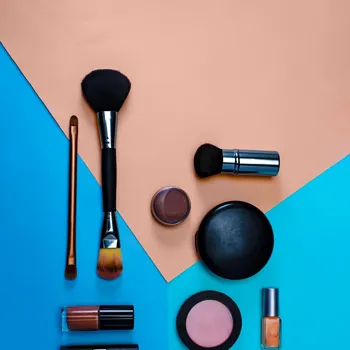
People focused on maintaining a fair complexion, often achieved through the use of natural bleaching agents like lemon juice.
Victorian era skincare emphasized natural beauty over heavy makeup
The Victorian era brought a renewed emphasis on modesty and natural beauty. Heavy makeup was frowned upon, and skincare focused on achieving a healthy, glowing complexion through natural means. Rosewater, lavender oil, and cucumber slices were popular ingredients for toning and hydrating the skin.
Homemade remedies and gentle cleansers were favored over harsh chemicals.
Skincare in 20th century transformed by scientific innovations
The 20th century marked a turning point in skincare with the advent of scientific advancements. Chemists began to isolate and synthesize various compounds for use in cosmetics and skincare products.
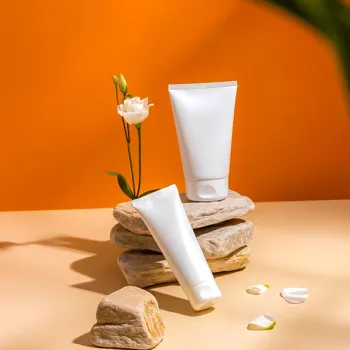
This led to the development of new ingredients like retinol and alpha-hydroxy acids (AHAs), which revolutionized the industry. However, some of the early chemical-based products were quite harsh.
Skincare evolves with advanced technologies and sun protection awareness
As the decades passed, skincare became increasingly sophisticated, with a growing emphasis on research and development. New technologies like lasers and microdermabrasion emerged, offering advanced solutions for various skin concerns.
Sunscreen became an essential part of skincare routines, recognizing the harmful effects of UV radiation. People became mindful about the protection of their skin.
Renewed interest in natural skincare, shift from synthetics to plant-based products
In recent years, there has been a renewed interest in natural and organic skincare. Consumers are becoming more aware of the potential harmful effects of synthetic ingredients and are seeking out products made with plant-based extracts and sustainable practices.
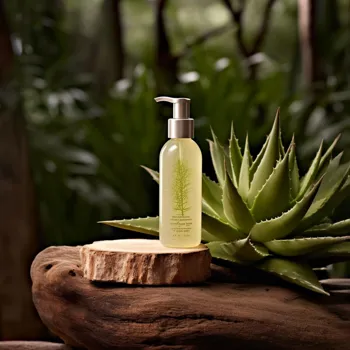
Brands are now incorporating traditional ingredients and ancient wisdom into their formulations. People are reverting to the past for better results.
Skincare industry offers diverse products and treatments worldwide, empowering informed choices
The skincare industry today is a global phenomenon, offering a wide range of products and treatments for every skin type and concern. From simple cleansers and moisturizers to advanced serums and cosmetic procedures, consumers have access to an unprecedented array of options.
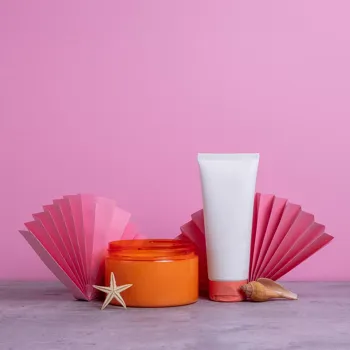
Education and awareness have also increased, empowering individuals to make informed choices about their skincare routines.
Skincare evolution from natural to scientific, blending tradition and technology for healthy skin
It's fascinating to see how skincare has evolved from simple natural remedies to sophisticated science-backed formulations. While technology continues to advance, it's also important to remember the wisdom of ancient traditions and the power of natural ingredients.
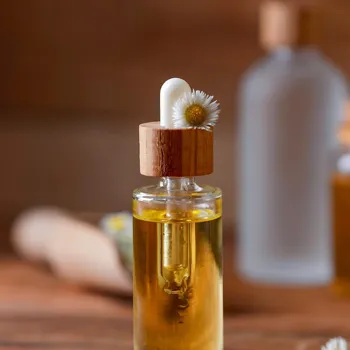
Ultimately, the key to healthy, glowing skin lies in understanding your individual needs and adopting a holistic approach that encompasses both internal and external care.
Skincare history from Cleopatra to modern serums
So, the next time you apply your skincare routine, take a moment to appreciate the long and rich history behind it. From Cleopatra's milk baths to modern-day serums, the quest for healthy, beautiful skin has been a constant pursuit across cultures and generations.
Ancient skincare rituals valued natural ingredients for healthy skin
Skincare's story is ancient! Egyptians used kohl for eye makeup and loved milk baths. Greeks and Romans enjoyed oil massages, valuing natural ingredients. Did you know that both men and women in ancient times had similar skin care regimes?
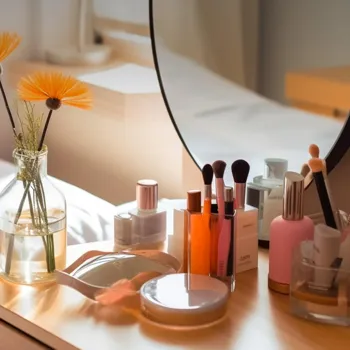
These cultures understood what we're relearning: nature holds some of the best beauty secrets! These routines were focused on cleaning and nourishing the skin to maintain a healthy glow.
Ayurveda emphasizes skin balance via personalized approach
Ayurveda teaches balance for skin. 'Doshas' tell you what works! Turmeric, sandalwood, aloe vera? These are old friends for healing. Ubtans, homemade masks from herbs and flours, were popular for glowing skin.
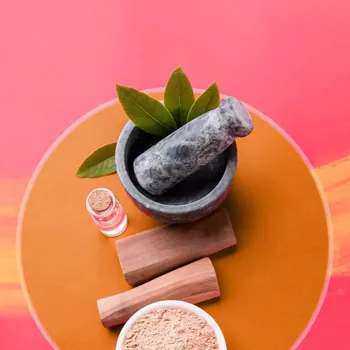
In India, the approach always considered a person's individual needs and the impact of lifestyle on skin health. This customized method is what makes Ayurveda so effective!
Chinese skincare: ancient wisdom for holistic beauty inside out
Chinese skincare uses ginseng and pearl powder. Green tea helps too! Jade rollers give facial massages and boost blood flow. These traditions are old and smart! Chinese medicine focuses on gentle, natural methods. For centuries in china, skincare was more than just surface level.
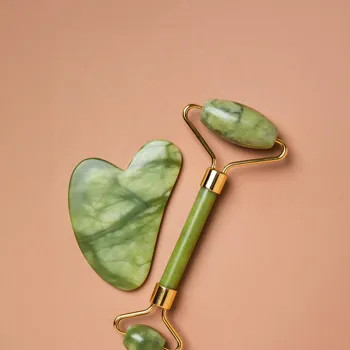
It was about health from the inside out. This approach is still relevant today!
Medieval skincare: diverse practices but nature-based
Medieval times saw skincare split across cultures. Europe didn't bathe as much, but used herbs. Rich folks enjoyed perfumes and natural cosmetics. Despite the variation in practices, the common thread was the reliance on natural ingredients for cleansing, moisturizing, and treating skin ailments.
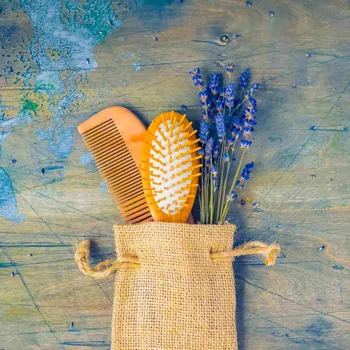
The lack of modern technology meant people had to be resourceful and creative.
Renaissance beauty focused on specific trends and simplicity
The Renaissance brought back beauty interest. Big hair and makeup returned, but skincare stayed simple. Essential oils and floral waters cleaned and moisturized. People wanted pale skin, using lemon juice for a light complexion.
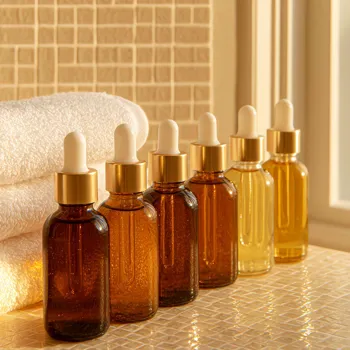
People were much focused on a particular look to appear beautiful during those times. Not many knew what fits them.
Victorians prioritized natural skincare over heavy makeup
The Victorian era valued natural beauty. No heavy makeup allowed only skincare for glow. Rosewater, lavender oil, and cucumber hydrated skin. People liked homemade things and gentle cleansers. Looking pretty naturally was the primary focus for the Victorians.
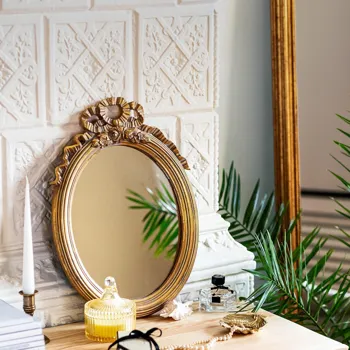
They prefered to opt for things which are not chemically based.
AI Generated Content. Glance/InMobi shall have no liability for the content